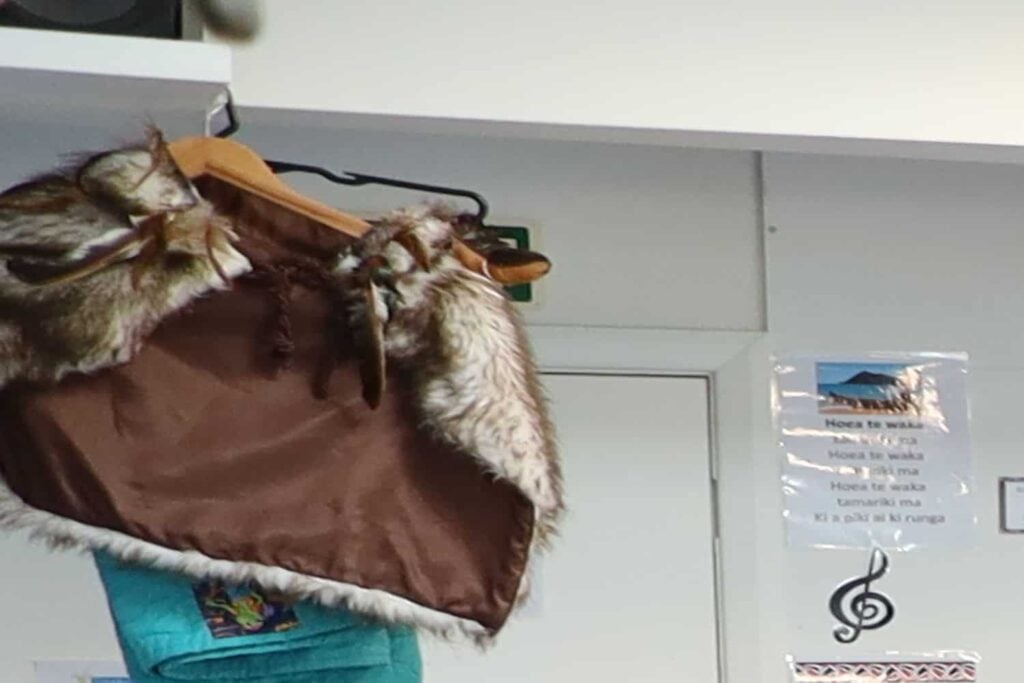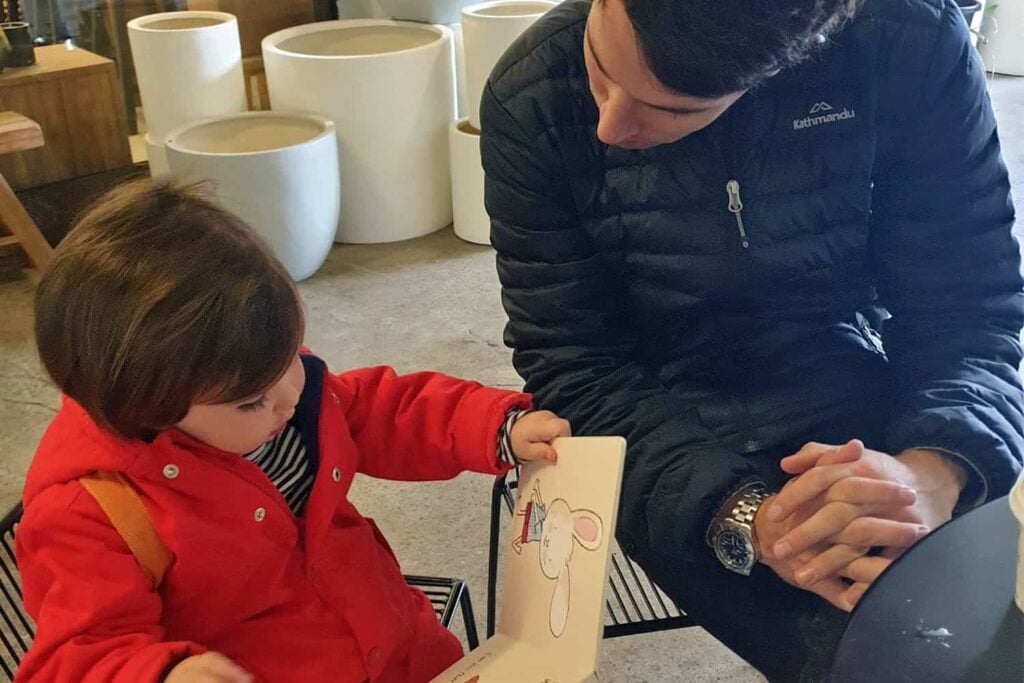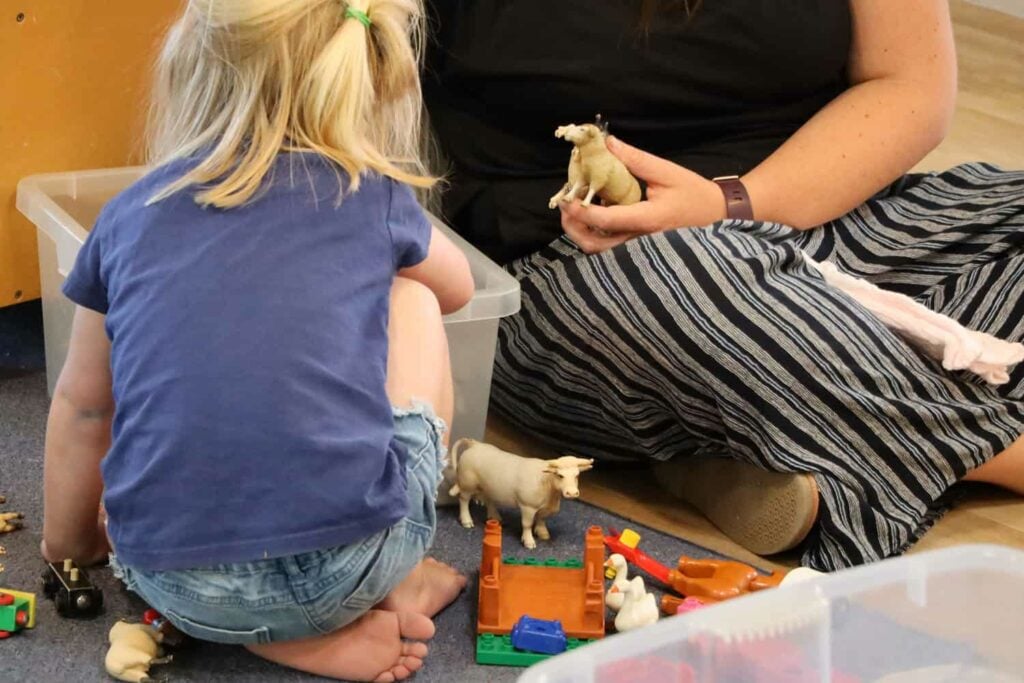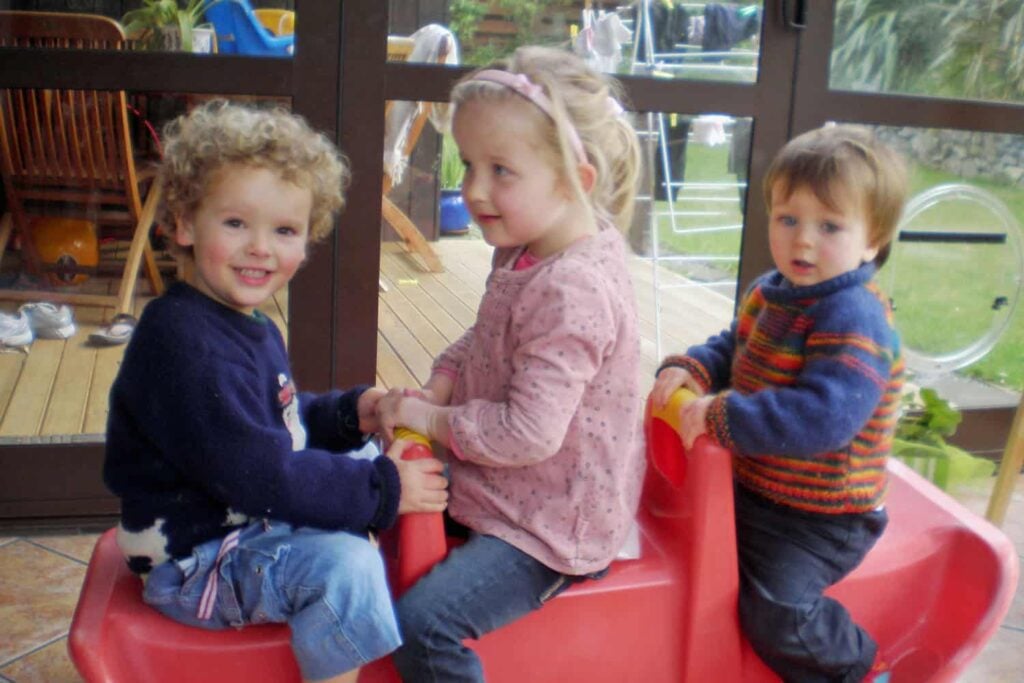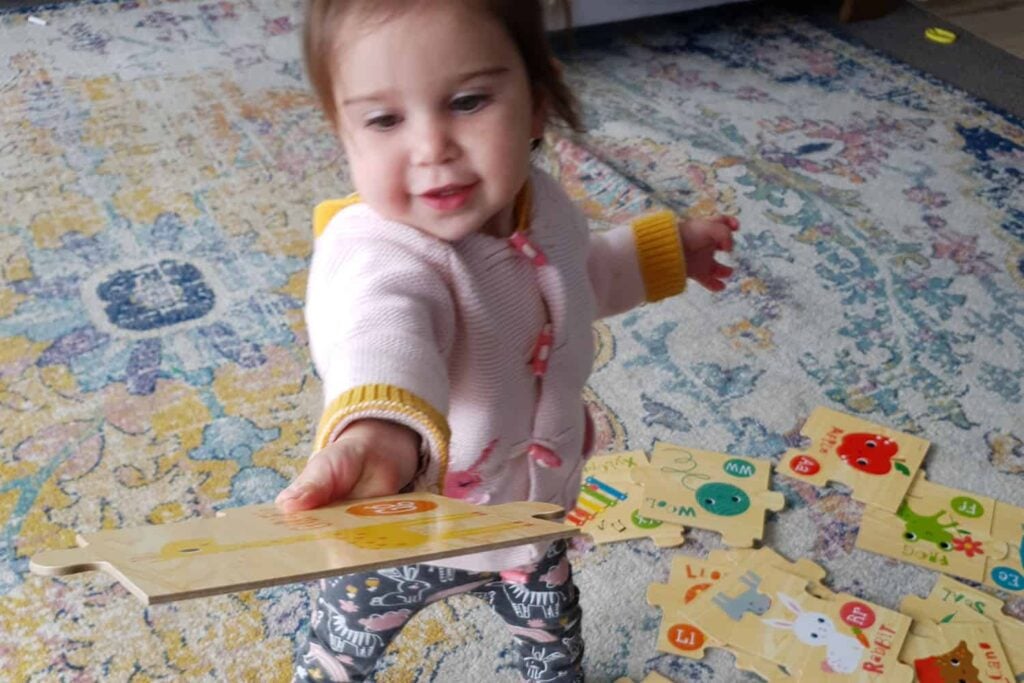Researcher Wendy Boyd.
March 6, 2014.
Mothers returning to paid work after the birth of their first child prefer their child to be cared for in the home by a known person but this is not always a choice for many, says Dr Wendy Boyd, keynote speaker at our NZ Early Childhood Research Conference.
Mothers felt that care in the home offered emotional security as the caregiver was known and ensured the child would have adequate attention, Dr Boyd says in her research.
Dr Boyd, an Australian early childhood expert from Southern Cross University, is addressing delegates at the NZ Research in Early Childhood Education Conference in Wellington.
“Parents did not always feel supported when using early childhood education centres and expressed concern over the staffing levels, the group sizes and the constant ill-health of their child.”
Dr Boyd’s research points to the importance of the quality of care, whether it be in the home or in the early childhood education centre, being such that parents are assured their child’s health and emotional security is supported.
Dr Sarah Alexander says NZ is similar to Australia in having an early childhood education system that is not as flexible and responsive to parents’ preferences for childcare as it could be.
“Dr Boyd’s keynote address is pertinent to current debates about what care is best for young children when parents return to work and how the quality of early childhood education services may be enhanced to meet parents’ expectations and desires for their child’s care”.
Dr Boyd will discuss her research that tracked 124 mothers from before and after birth of their babies. She will also answer questions about infants in childcare, how to support parents’ preferences for care, and parental leave policy recommendations.
Her address is entitled: “I feel guilty about leaving my child”: Parents’ decision regarding paid work and care for the child.”
Dr Boyd’s research has been published in the 2014 Special Policy Issue of the NZ Research in ECE journal



